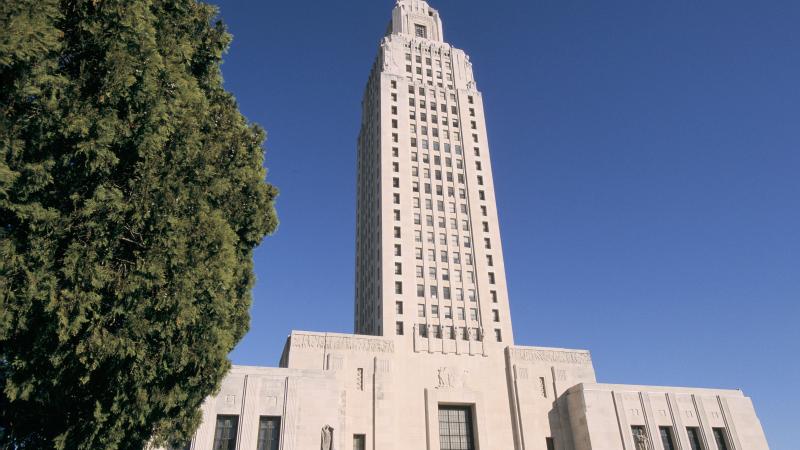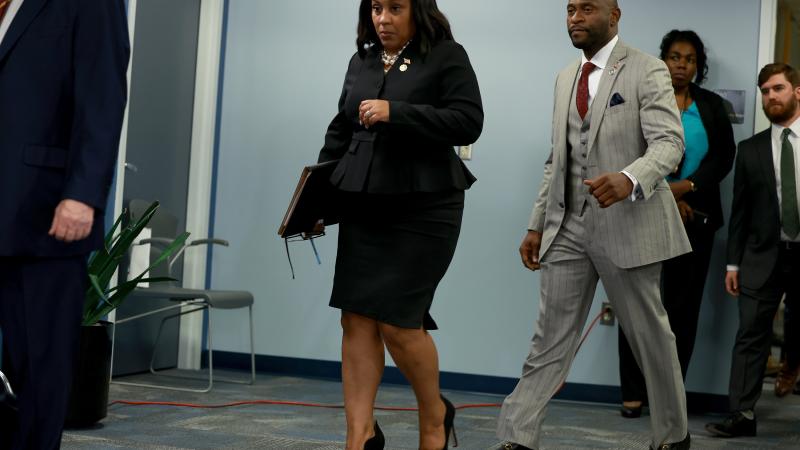North Carolina elections board reverses decision, certifies the state's Green Party
Decision followed a campaign by Democrats l to pressure those who signed the Green Party petitions to remove their support.
The North Carolina Green Party is forging ahead with its effort to get its U.S. Senate candidate on the ballot after the State Board of Elections voted to certify the Green Party on Monday, reversing course on a previous vote.
Tony Ndege, co-chair of the North Carolina Green Party, told The Center Square attorneys will push to have Green Party candidates immediately placed on the ballot during a federal court hearing on Aug. 8, though "we're hoping to resolve this before that."
Democrats on the state board outvoted Republicans 3-2 in late June to exclude the North Carolina Green Party from the midterm ballot over "questions" about signatures verified by county boards of elections, despite the party submitting 2,000 signatures above the required threshold.
The vote followed a campaign by the Elias Law Group, Democratic Senatorial Campaign Committee, and others to pressure those who signed the Green Party petitions to remove their support, alleging the party will siphon votes from Democrats.
On Monday, after intense scrutiny, the state board voted 4-0 to reverse course and recognize the party as an official party in the state.
The change follows a lawsuit from the Green Party requesting the U.S. District Court for the Eastern Division of North Carolina declare the board's June 30 decision unconstitutional and ensure the party's participation on the ballot. The lawsuit implied Gov. Roy Cooper's office may have collaborated with the effort.
Among the plaintiffs in the lawsuit is Matthew P. Hoh, the Green Party's selected candidate to fill the seat of retiring Republican Sen. Richard Burr. U.S. Rep. Ted Budd won the Republican primary in the race, while former chief justice Cheri Beasley won the Democratic primary.
The Green Party lawsuit alleges many folks who signed the petition to get the party on the ballot were contacted by unknown individuals who requested they remove their names. Some of the individuals declined to identify themselves, others stated they were calling on behalf of the Democratic Senatorial Campaign Committee and some fraudulently claimed to represent the Green Party, according to the lawsuit.
"Recognition of the Green Party means voters now have another choice of party affiliation when registering to vote or updating their registration," according to a statement from the State Board of Elections on Monday.
The statement contends voters registered as Green Party affiliates must re-register with the party and suggested the party's candidates might not make the ballot.
"Because the deadline in state law for submission of new political party nominees has already passed, it is unclear whether Green Party candidates will appear on the November 8 general election ballot," the statement read. "Litigation in federal court, filed by the Green Party, could extend the July 1 deadline for the Green Party to submit nominees for this year's election.
"Ballot preparation begins in mid-August, so there still is time to add Green Party candidates to the ballot if the court extends the statutory deadline," according to the statement.
Ndege contends the ordeal is an extreme example of the two-party system suppressing other options, which results in "shallow reactionary politics and fear."
"This has done irreparable damage to the process of petitioning in our state," Ndege said. "We need to enter into an era of electronic signatures and get beyond this arcane two-party system and suppressing other people from getting on the ballot.
"This is why we're trapped in the politics of fear," he said.
Ndege said gathering signatures through petitions has become increasingly difficult due to identity theft and other issues and the Democrat campaign to contact those who sign only made matters worse.
"When we tell people when they sign we're not going to contact them and then they're harassed by Democratic operatives, that is severely damaging our word," he said.
"In a way, I'm glad they got caught," Ndege said. "One of our (policy platforms) is to reveal the contradictions of our system … and the two party trap. This has really helped to open people's eyes."














